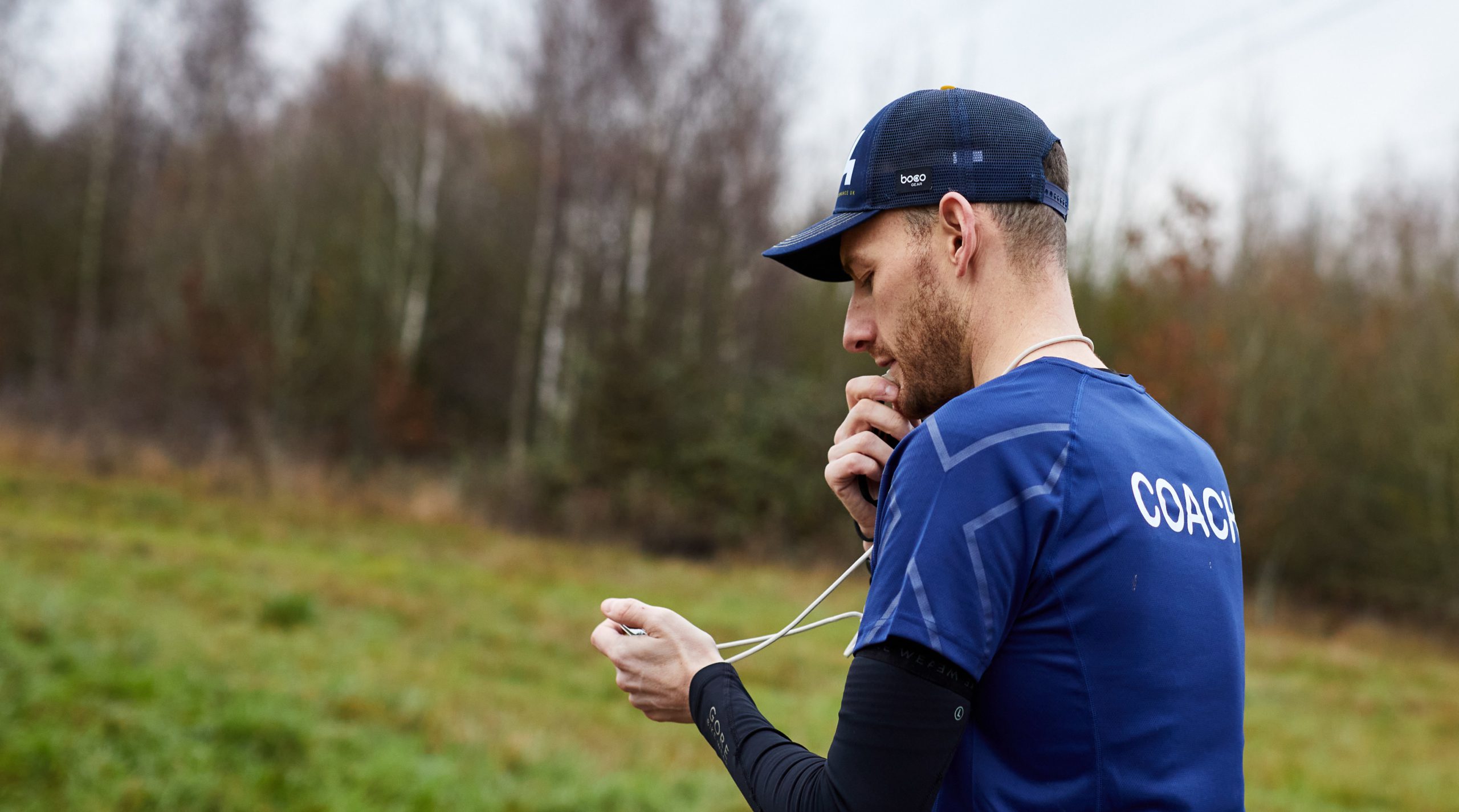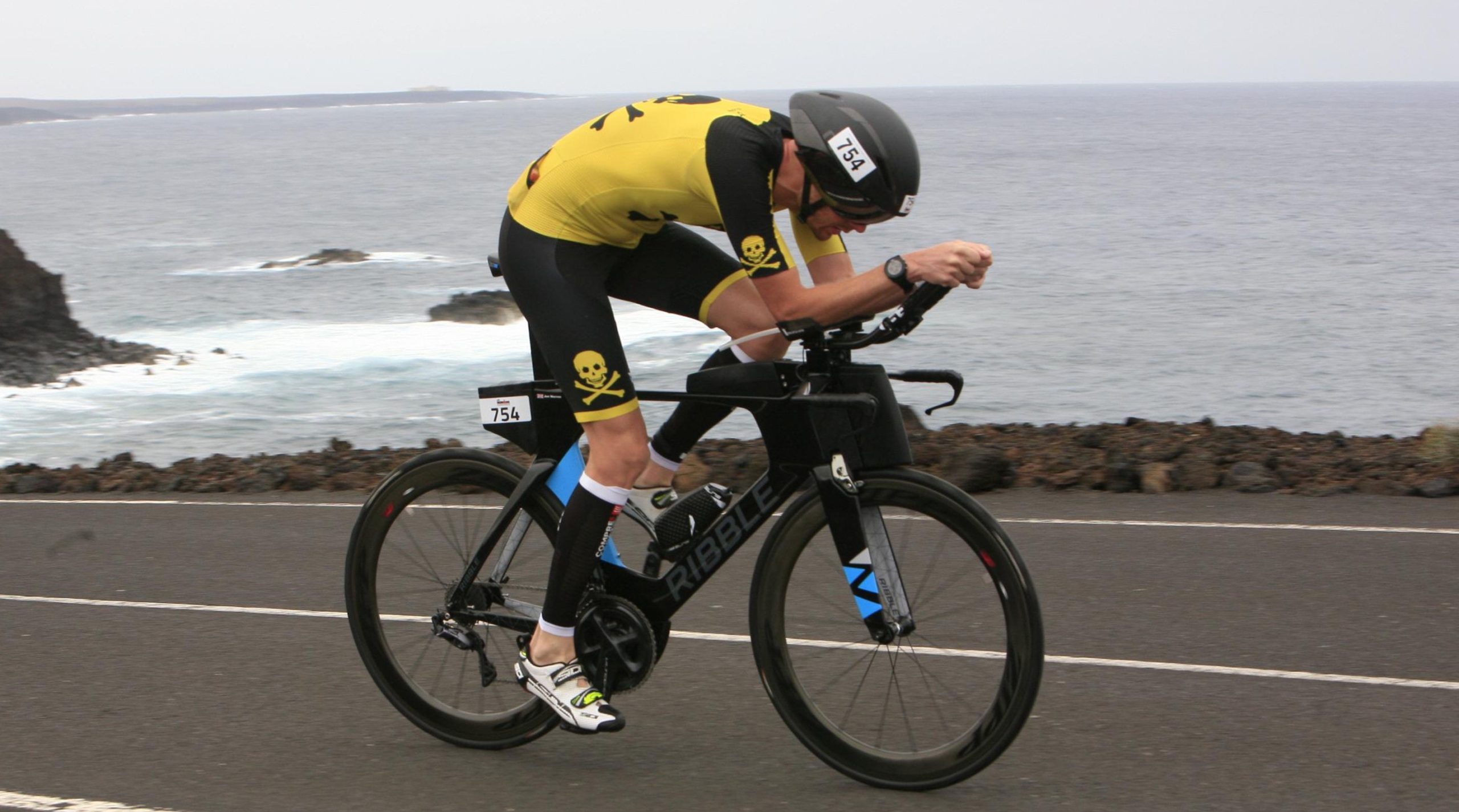
As a coach one of the most frequent questions I get asked is about fuelling. What should I eat? When should I eat? How much should I drink? When should I drink?
The following is a nutritional guide for triathlon based upon an athlete using carbohydrates as their main source of fuel. Whilst I appreciate that there are many alternative methods of fuelling, such as fats, this specifically details carbohydrate use.
The content contained within this guide is just that…a guide. It should never replace your tried and trusted approach if it works for you. I always recommend my athletes to experiment with different types of fuelling strategies in training so that by race day, they are certain of their approach.
For the purpose of this guide I will only be referring to OTE sports nutrition products as they are a partner of 4PerformanceUK and my nutritional provider of choice.

Triathlon is a physically demanding individual sport combining three disciplines; swimming, cycling and running performed in that order.
Carbohydrates are important in a triathlete’s diet, especially in the days leading up to a race to maximise muscle and liver glycogen stores.
The increased training load that is found with triathlon requires athletes to consume the appropriate amount of carbohydrate in order to fuel their sessions Protein and fluid intake is also a key element.
Introduction:
Triathlon as a sport typically lasts between 50 minutes for the Sprint distance and 8-16 hours for the Full/Ironman distance. The below details the accepted distances and typical duration it takes an athlete to complete them:
Sprint: Swim – 750m / Bike – 20km / Run – 5km, Typical duration 50-90 mins.
Olympic/Standard: Swim – 1500m / Bike – 40km / Run – 10km. Typical duration 1hr 50 – 2hrs 30 mins.
Half distance (70.3): Swim – 1900m / Bike – 90km / Run – 21.1km. Typical duration 3hrs 50 – 6 hours.
Full distance (Ironman): Swim – 3800m / Bike – 180km / Run – 42.2km. Typical duration 8hrs – 16 hours.
There is no right body type for triathlon, physiques vary greatly. It is therefore important that athletes follow a bespoke nutritional plan tailored to support training
Nutritional facts:
A triathlete’s diet should consist of 50 – 70% carbohydrate, 15 – 25% protein, and 20 – 25% fat, as proportions of their daily energy intake. The amount of each can be altered to reflect intensity and volume of training. For example, a triathlete will require more carbohydrate if training/competing in the full distance as opposed to the sprint distance.
Daily carbohydrate:
As carbohydrates are important in a triathlete’s diet it is important to achieve the recommended intake especially in the days leading up to a race. As a general guide, carbohydrate intake should be between 5 – 12g per kilogram body weight per day, with this amount increasing as volume and intensity of training increases. For example, a 70kg triathlete would need between 350 – 840g carbohydrate per day.
One important consideration is a recovery/adaptation week and race week. As you reduce the training load and duration, food intake will also need to be reduced in order to prevent weight gain. However carbohydrate loading 1 – 3 days before a race may be necessary to increase liver and muscle glycogen stores.
drinking copious amounts of water exceeding sweat loss can lead to negative effects which is potentially lethal
PRE RACE: (3 – 4 hours preceding race)
Typically, triathlons start early in the morning and eating a breakfast high in carbohydrate is crucial for race preparation. Triathletes should aim to eat a meal which contains 1-2g of carbohydrate per kg of bodyweight. This should be low in fat and fibre which can slow digestion. For example, 1 large bowl of porridge with berries + 1 slice of white toast with honey gives roughly 480kcal, 80g carbohydrate and 20g protein.
Athletes should ensure they are adequately hydrated prior to racing in order to prevent dehydration. Sodium intake is also essential to counteract lost sweat. Ingestion of 500ml fluid containing sodium, 3 – 4 hours before the event is recommended, with a further 200ml 2 hours before.
DURING RACE STRATEGIES
The best opportunity to consume energy and fluid during a race is on the bike ready for the run. For races 2 hours and longer the ingestion of 60-80g carbohydrate per hour is recommended, e.g. sports gels, sports drinks containing carbohydrates or jelly sweets.
Being predominately a long distance athlete I use a combination of OTE products for this consuming half an OTE Anytime Flapjack Bar (17.5g), OTE Energy Drink 600ml (40g) and OTE Energy Gel (20g) per hour, giving me a total amount of 77.5g of carbohydrates. This I have found is perfect for my weight. I would however recommend that you practice nutritional interventions in training rides prior to competition.
During longer races and when racing in the heat, athletes should look to ingest 150ml of fluid every 10-15 minutes along with some form of electrolytes (e.g. salt), as they are lost through sweat. As mentioned above, OTE Energy Drink is my go to which includes the relevant amount of sodium for my body type.
However drinking copious amounts of water exceeding sweat loss can lead to negative effects which is potentially lethal. Athletes are therefore advised not to over drink during a race.
POST RACE STRATEGIES
It is important to consume a source of carbohydrate as soon as possible after the race to replenish muscle and liver glycogen stores. For example a toasted bagel with peanut butter or a chocolate milk smoothie and banana.
The ingestion of protein is an area which is sometimes overlooked by triathletes. Protein is a key nutrient to support and develop muscle and therefore a triathlete should consume 20g of protein post exercise, from sources such as eggs, chicken, beans or protein supplements.

One final thought - Caffeine
Some athletes may wish to use caffeine based energy products to help give them a lift if needed. Whilst this is widely accepted and used, it recommended to be cautious. Consuming too much caffeine in a race or hard training session can lead to stomach discomfort and act as a diuretic. Once again, test and trial this in training. For reference, in full distance triathlons, I personally have a black coffee each morning (irrespective of training or racing), a caffeine gel before the swim start, one just before the bike end and finally one in the last half of the run.
